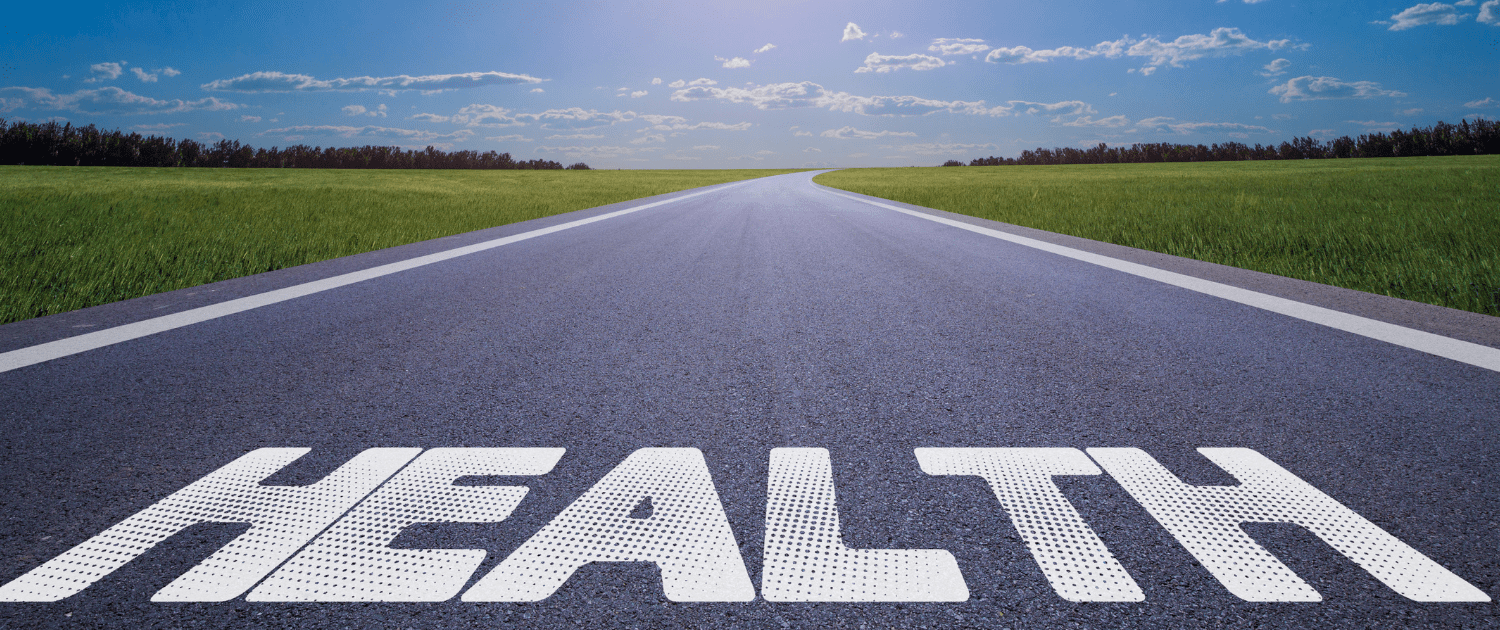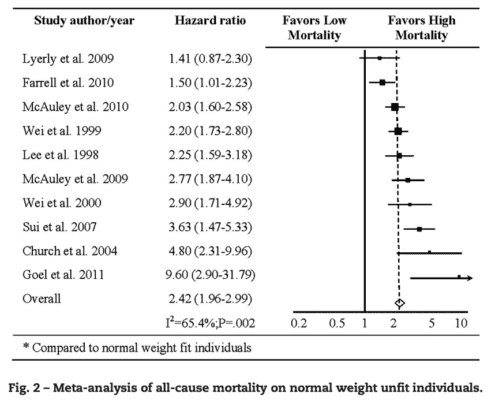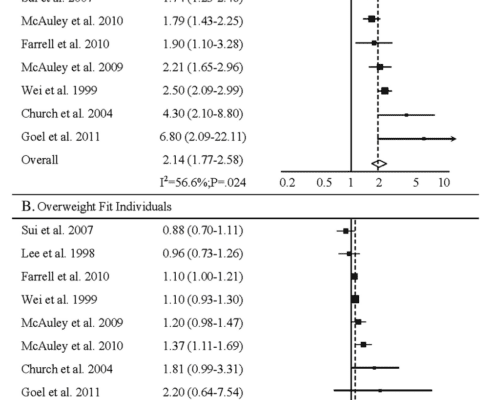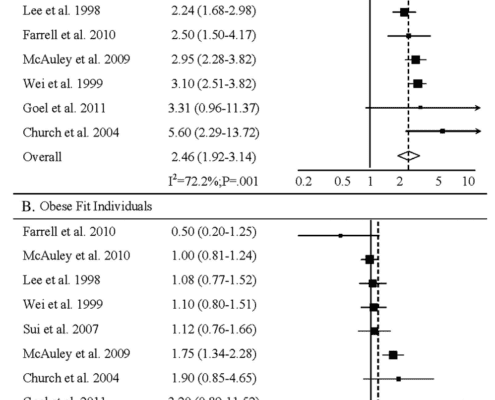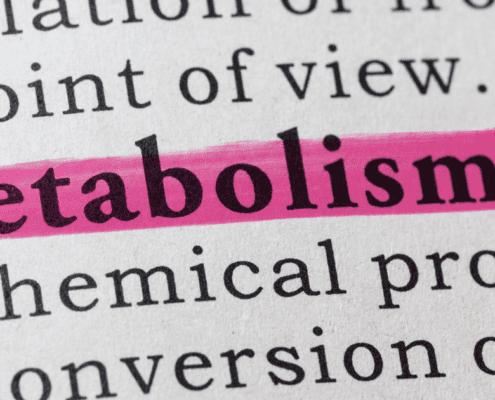Your Fitness Is A Better Metric Of Your Health Than Your Physique
Aug 18, 2021 by Michael Fouts
Reading time: 3 min
A quick comment about health and one’s physique.
Something I try to dig in with new clients wanting to lose weight is their reason behind why, and what that means to them. I try to emphasize that the ideal physique that the media might suggest (eg. 6 pack abs) isn’t always healthy, mentally and physically, and that you can be healthy at many different physiques and weights.
The true objective measures of your physical, and in some regards mental, are the tests you can do/should do regularly with your doctor. To highlight a few examples:
- What does your blood lipid panel say about your cardiovascular health, and possibly your diet and exercise habits?
- What does your blood glucose levels say about your insulin sensitivity, and possibly your diet and your body’s ability to manage sugar?
- What is your blood pressure and resting heart rate? How does your heart rate respond to exercise, and how quickly does it drop following exercise?
- How well are your kidneys and liver working?
- Do you have any vitamins or mineral deficiencies, or toxicities?
- What is your cardio respiratory fitness?
- How strong are your muscles?
These are just a few things that are better objective indicators of health than one’s physique.
Mental health effects your physical health too, so it’s important to do things that improve it – like having a proper work/life balance and boundaries, spending time with friends and family, exercising regularly, and taking care of yourself (self-esteem). It’s equally important to have supports for things that negatively affect it – like someone to talk to when things get tough, like a mentor or a therapist.
I don’t like to give one’s weight too much weight – in terms of puns and it’s association with health and how you should feel about yourself. Instead I like to suggest that the following is more important, as it pertains to one’s physique:
- It’s important to build/maintain muscle, and strength. Science continues to show that having lean muscle is a good thing, and is a strong predictor of one’s health (eg. study from a cohort of males).
- Having a lower amount of fat is usually a good thing. Often fat doesn’t serve a lot of purpose aside from being a stored form of energy, and a protective cushioning for your internal organs. Having too large of fat stores can have negative health effects, like playing a role in inflammation and reducing insulin sensitivity; I underlined can because this can be variable person-to-person, and studies like this one show that what is more important is your level of fitness at a given body weight. See the images below from that study, but essentially what they are showing: Your mortality risk is reduced if you’re fit at any weight, and If your fit and Obese you’re at a reduced risk than someone at a normal weight who is unfit.
- It’s important to be active regularly. An emphasis on: strength training regularly (1-2x per week), and doing something that gets your heart rate up for at least 150 minutes per week (Health Canada’s recommendation).
- It’s important to regularly eat healthy: adequate intake nutrient dense foods like fruits and vegetables, protein, fiber, and healthy fats – all the while striking a balance between other foods that may not be as nutrient dense.
If you focus on the above things, this can positively impact your physique – and that’s fine. But I don’t like the physique to be the primary focus, or people to be convinced that certain physiques equates optimal health.
***
In summary, know that health, that encapsulates the mental and physical, is a complex, multi-factorial, and dynamic thing. It ebbs and flows, but the goal should be optimize it as much as possible. And focusing on trying to achieve a certain physique is not a guarantee that you’re going to optimize it.
Your ideal weight will be one that matches your lifestyle and maximizes your physical and mental health.
Till next time,
-Mike

